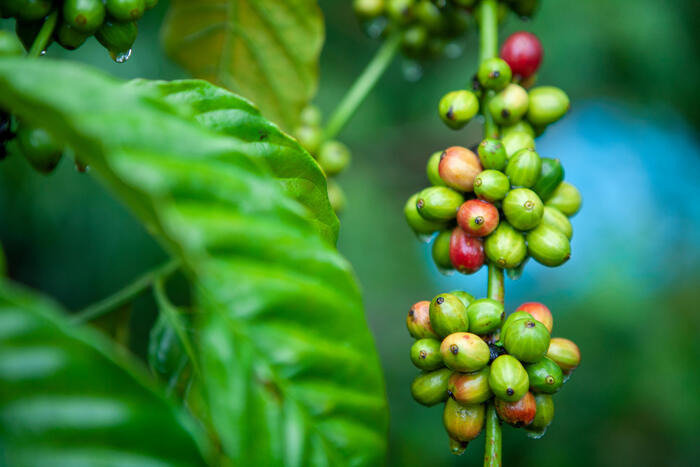International researchers led by Italy have pieced together the genetic history of Arabica coffee, the species responsible for more than 60% of global coffee production, thanks to the most complete reconstruction to date of its chromosomes.
The study, nature.com/articles/s41467-023-44449-8">published in Nature Communications, has been led by the biotechnology company IGA Technology Services and the Institute of Applied Genomics in Udine, with contributions from the Universities of Udine and Verona and the companies illycaffè in Trieste and Lavazza Group in Turin. The results may help to develop new coffee varieties that are more resistant to disease or have different aromas.
Commercial coffee is mainly derived from the mixture of two species: Coffea canephora, known as Robusta, and Coffea arabica.
"Compared to other cultivated forms of coffee, Arabica is a species whose genome was formed relatively recently in Africa from the union of two species: an ancestor of today's Robusta coffee and another closely related species, Coffea eugeniodes," Gabriele Di Gaspero of the Institute of Applied Genomics, who coordinated the study together with Michele Morgante, with Simone Scalabrin, Gabriele Magris and Mario Liva as first authors, tells ANSA.
“It therefore has four copies for each of the 11 chromosomes that make up its genome, instead of the two copies found in each of its progenitors,” continued Di Gaspero.
This makes the interpretation and analysis of the data much more complex.



